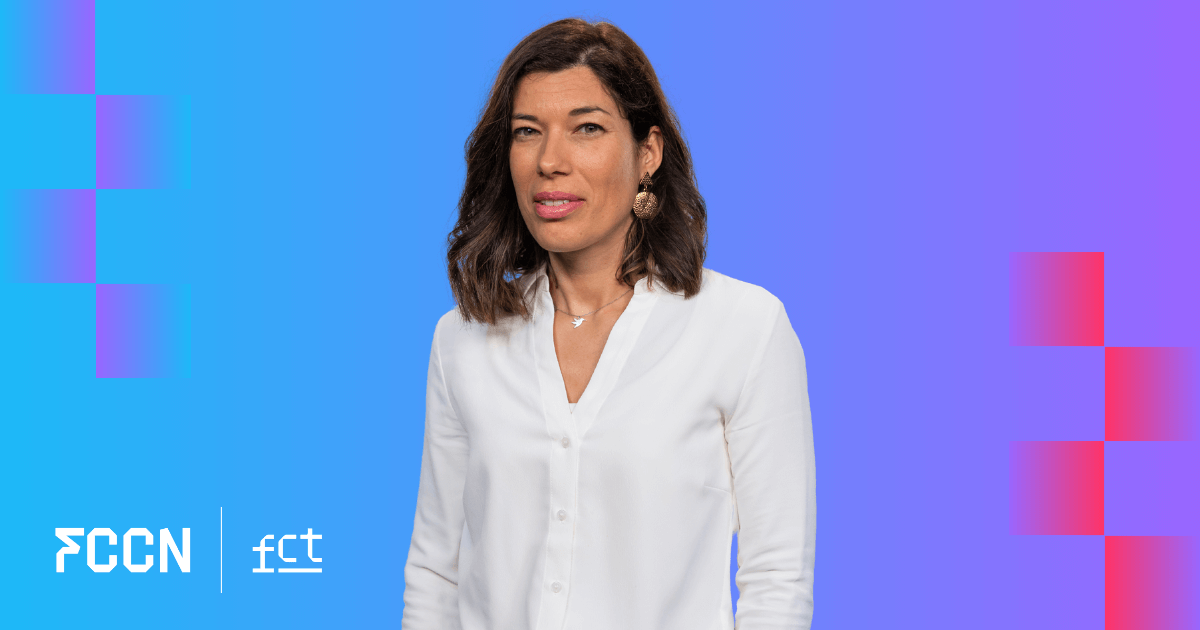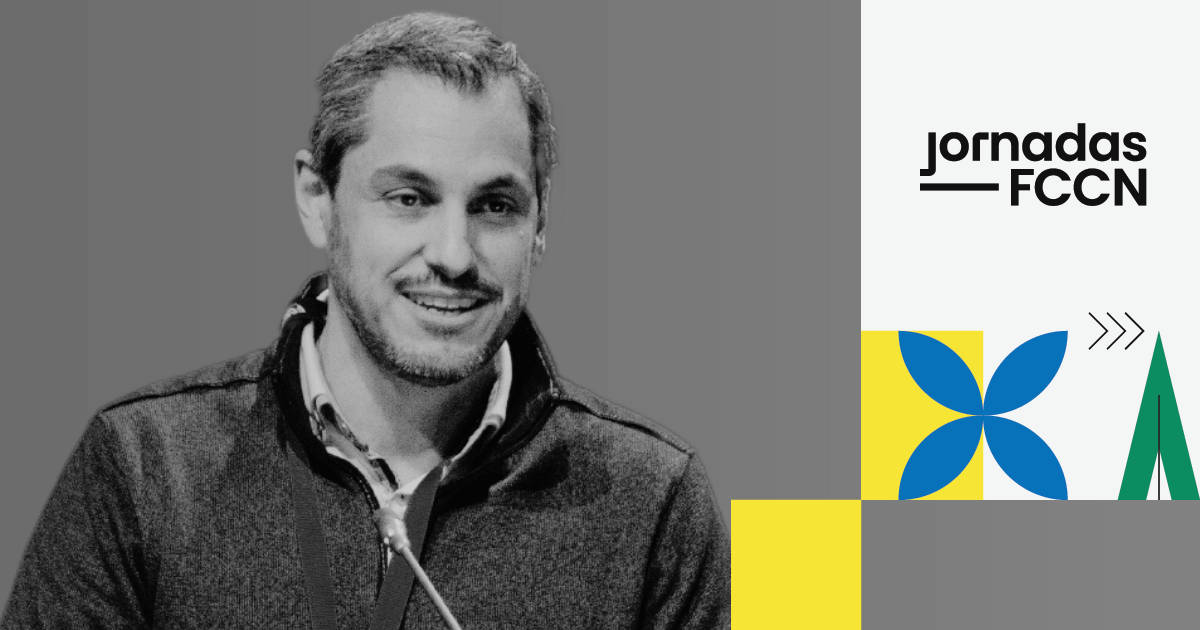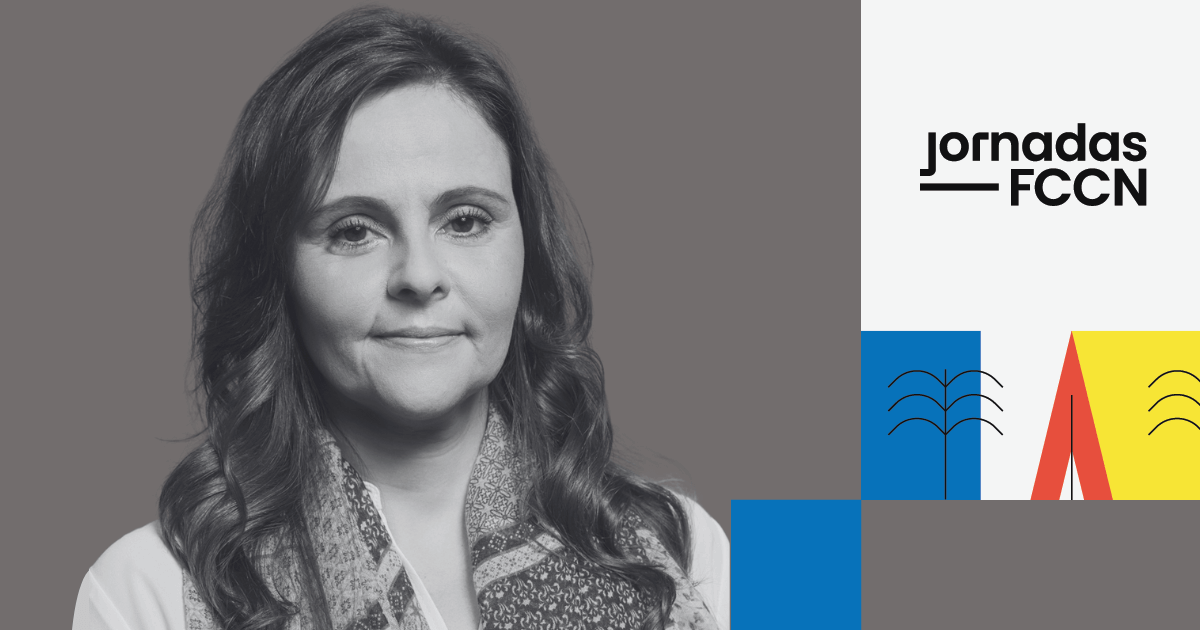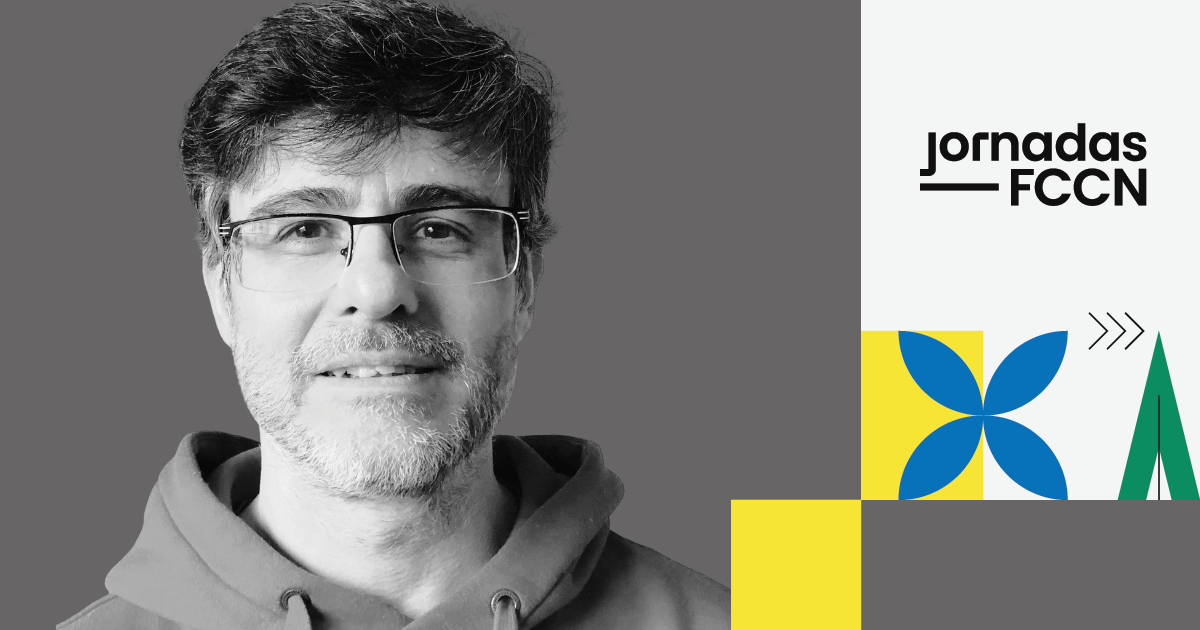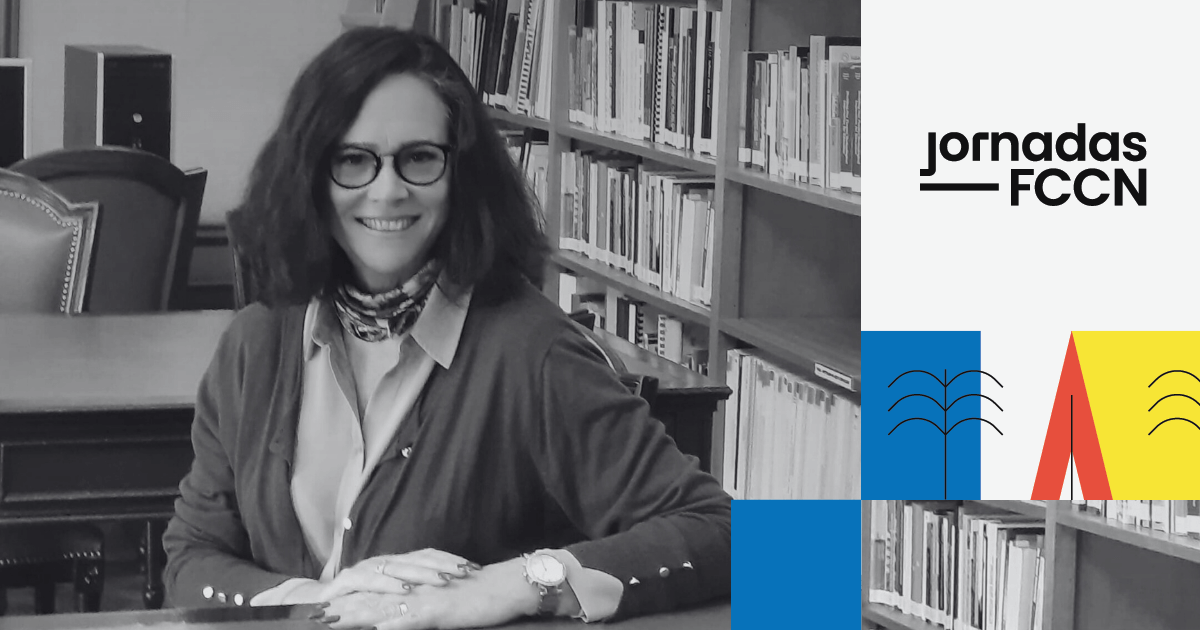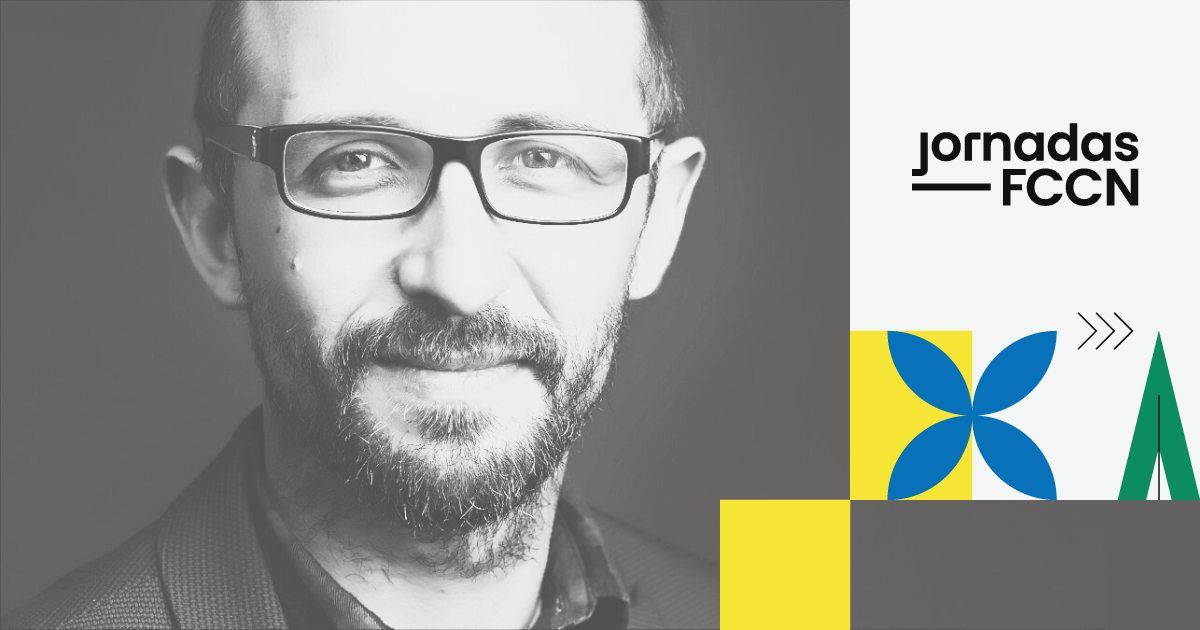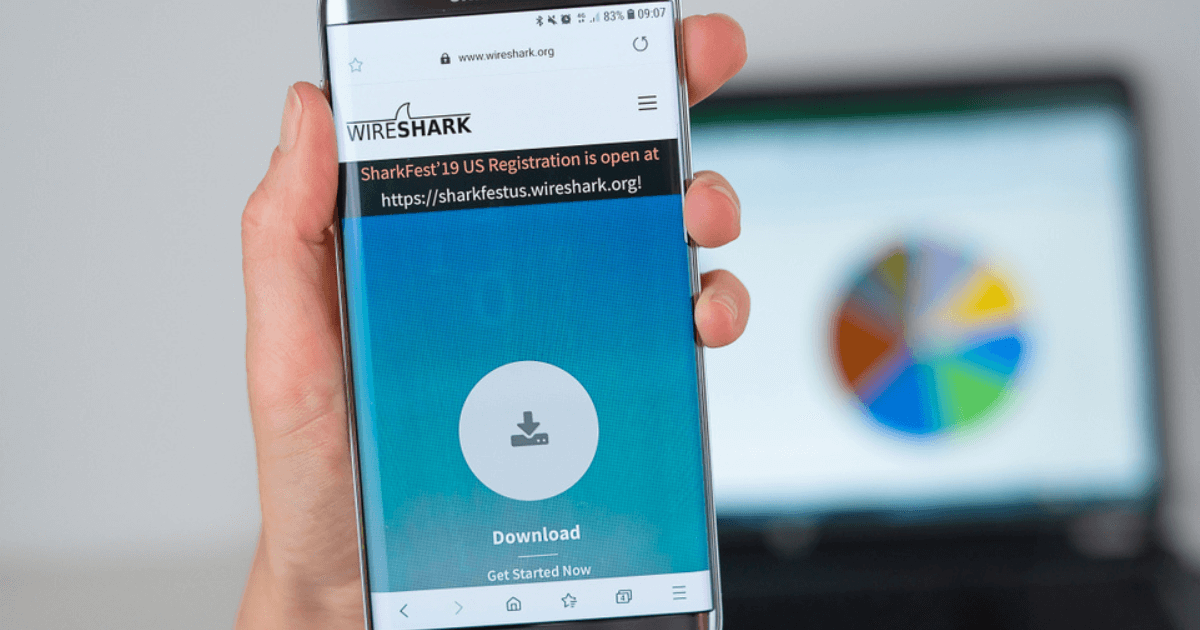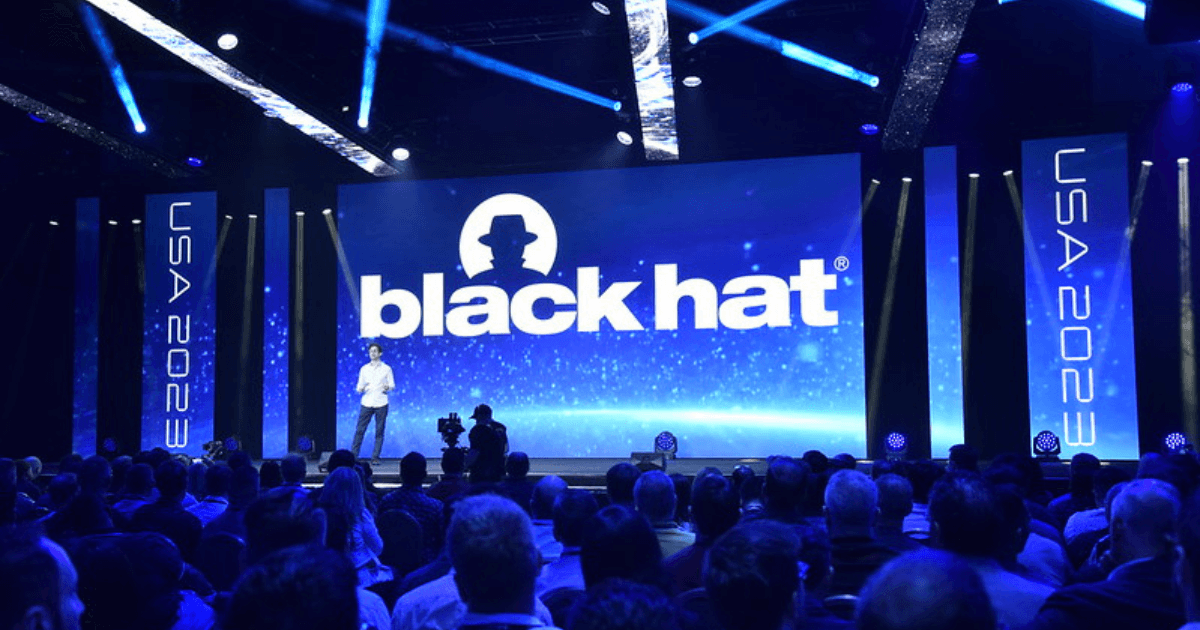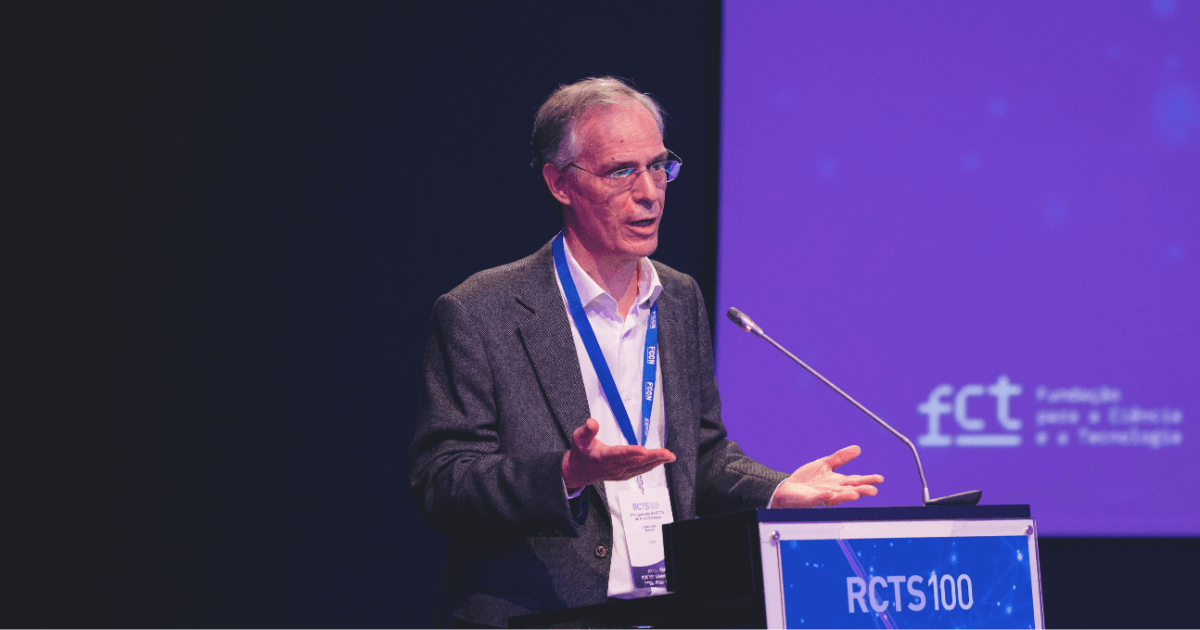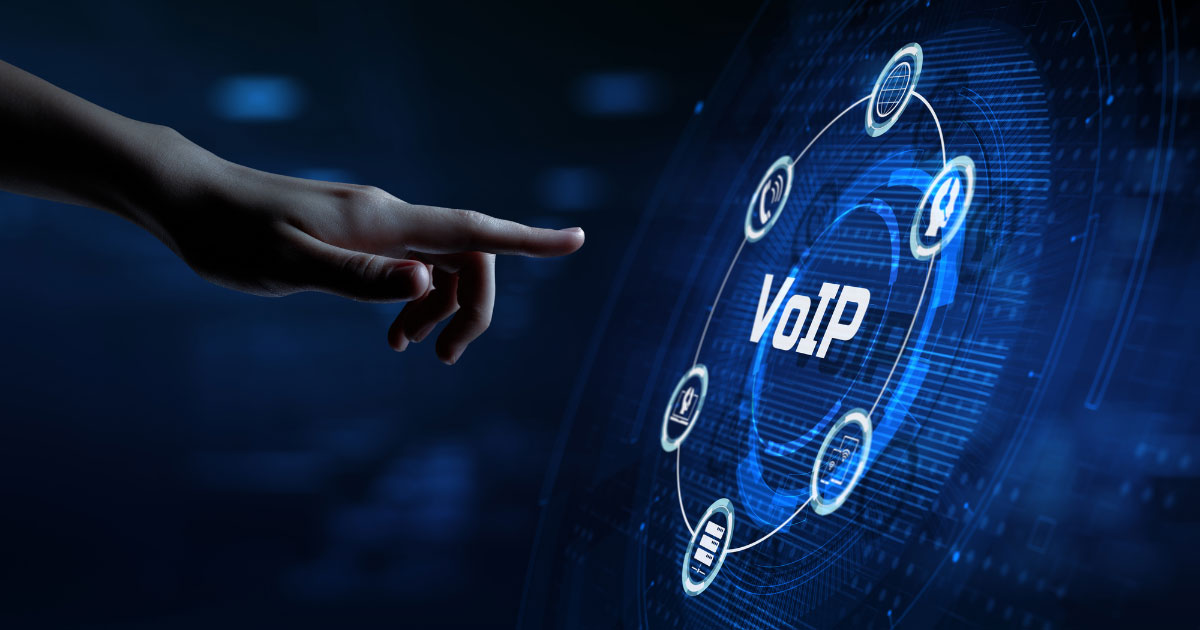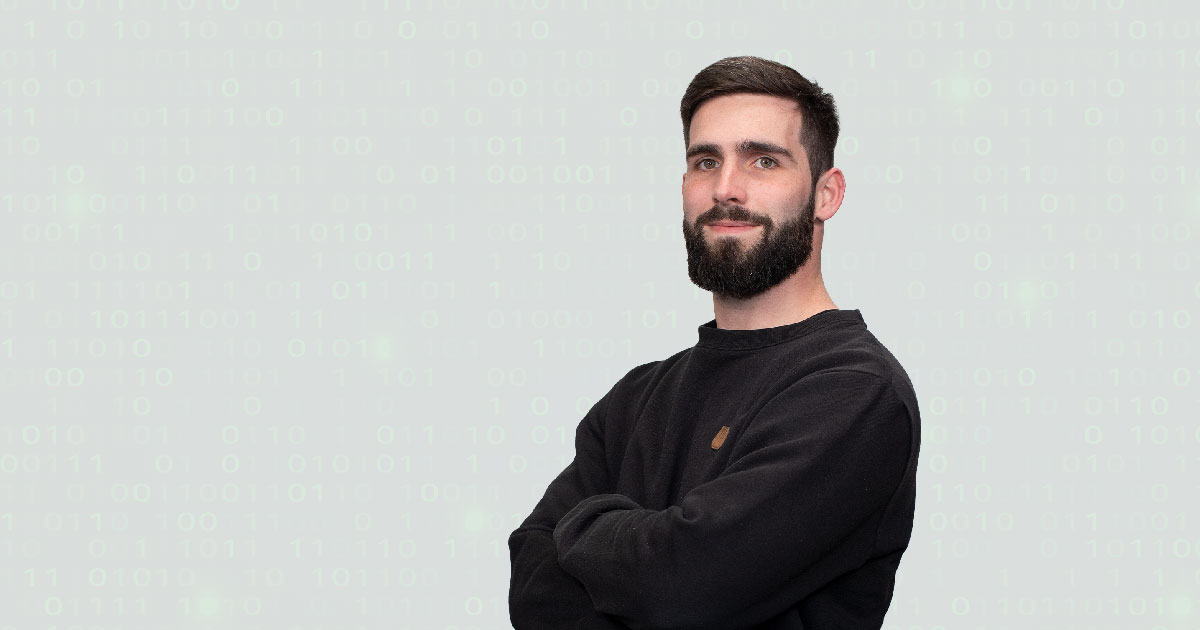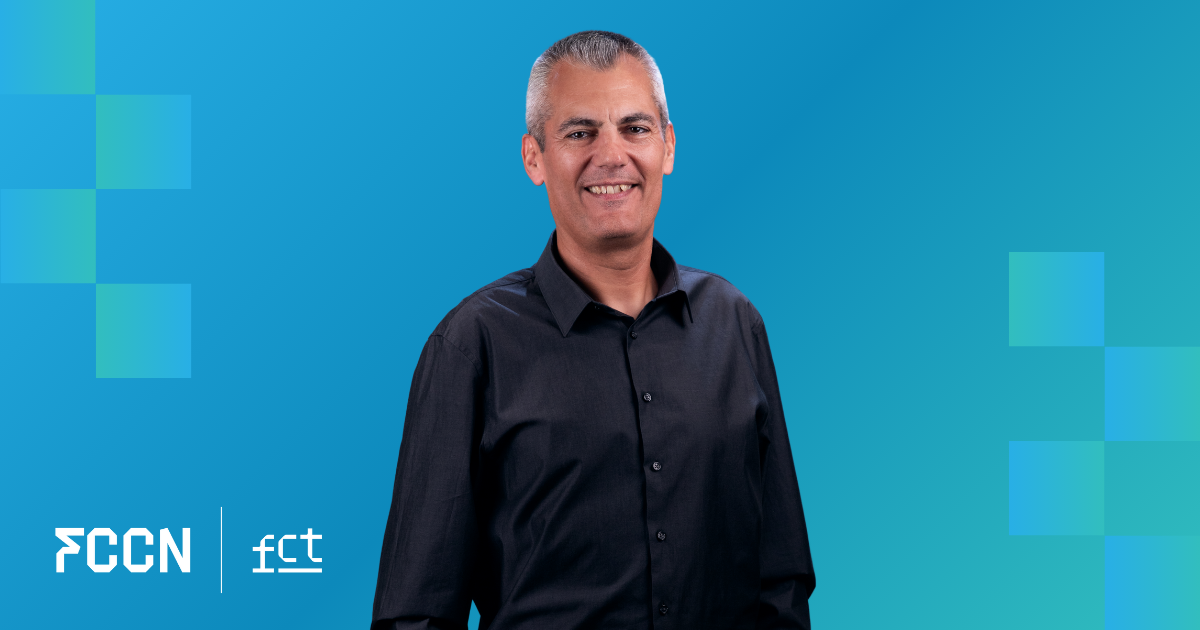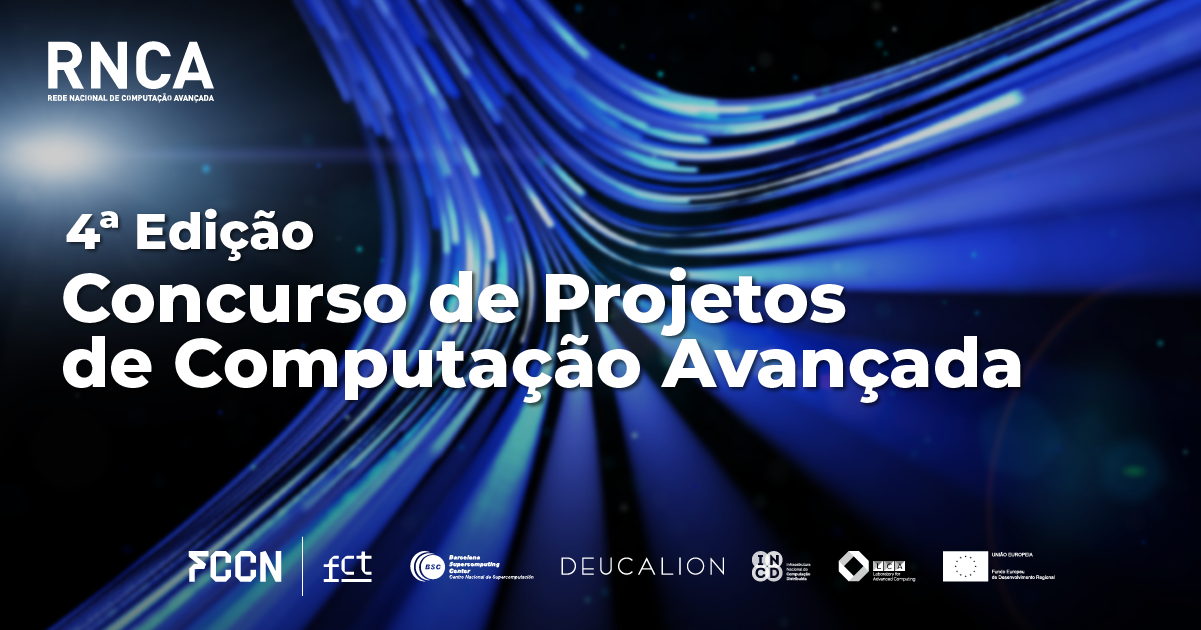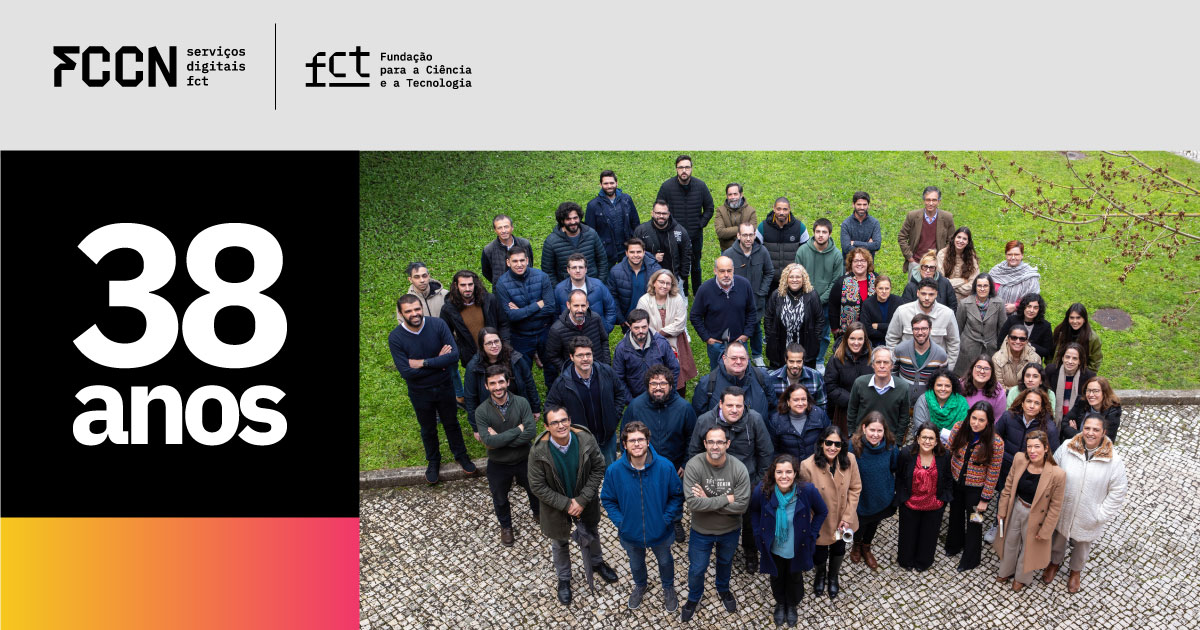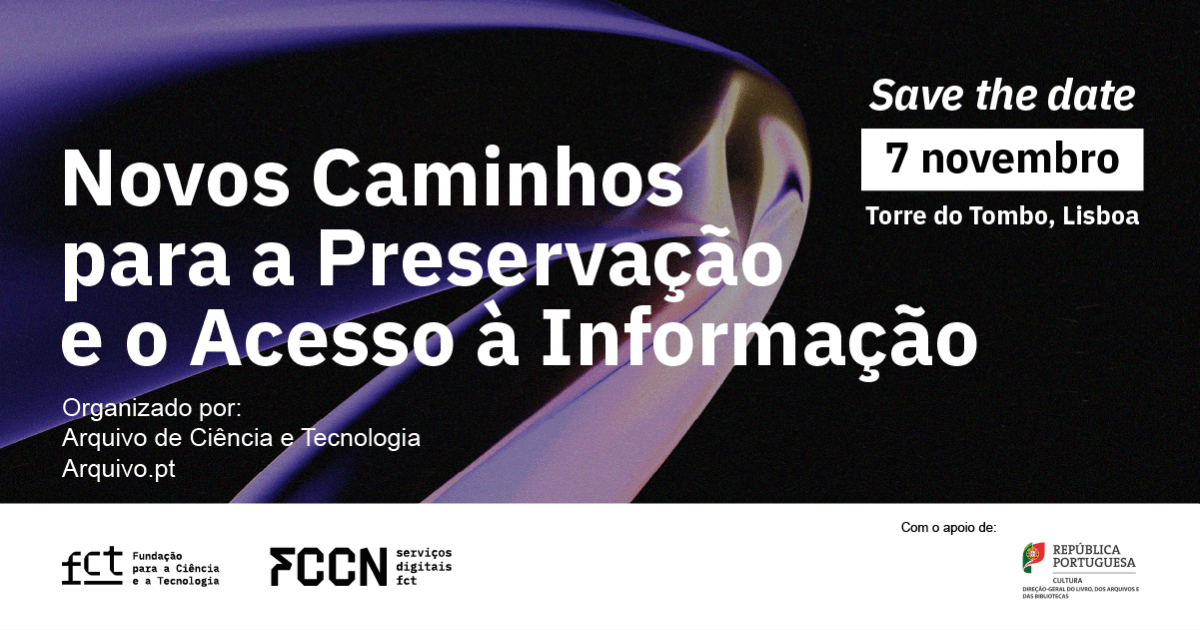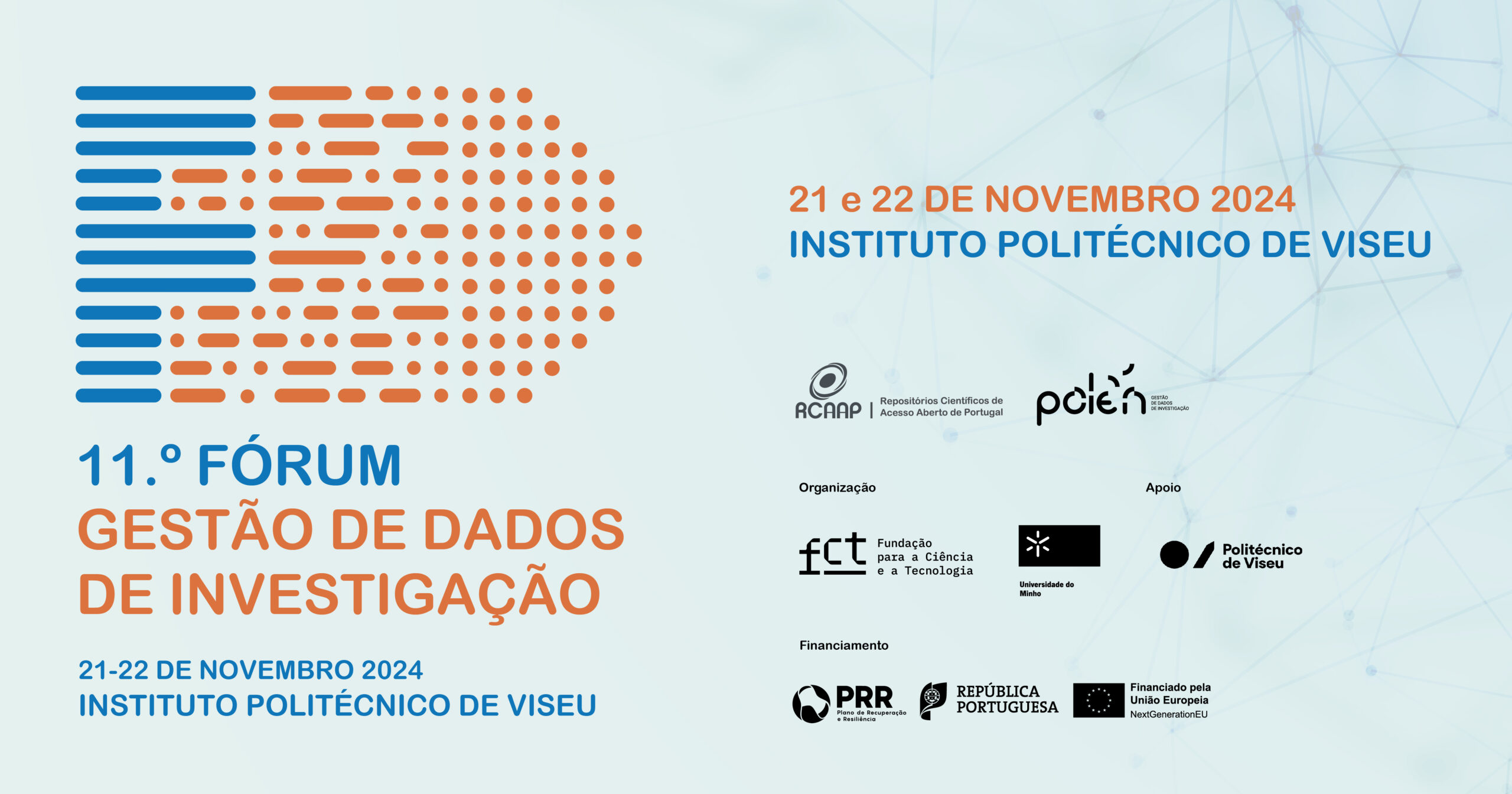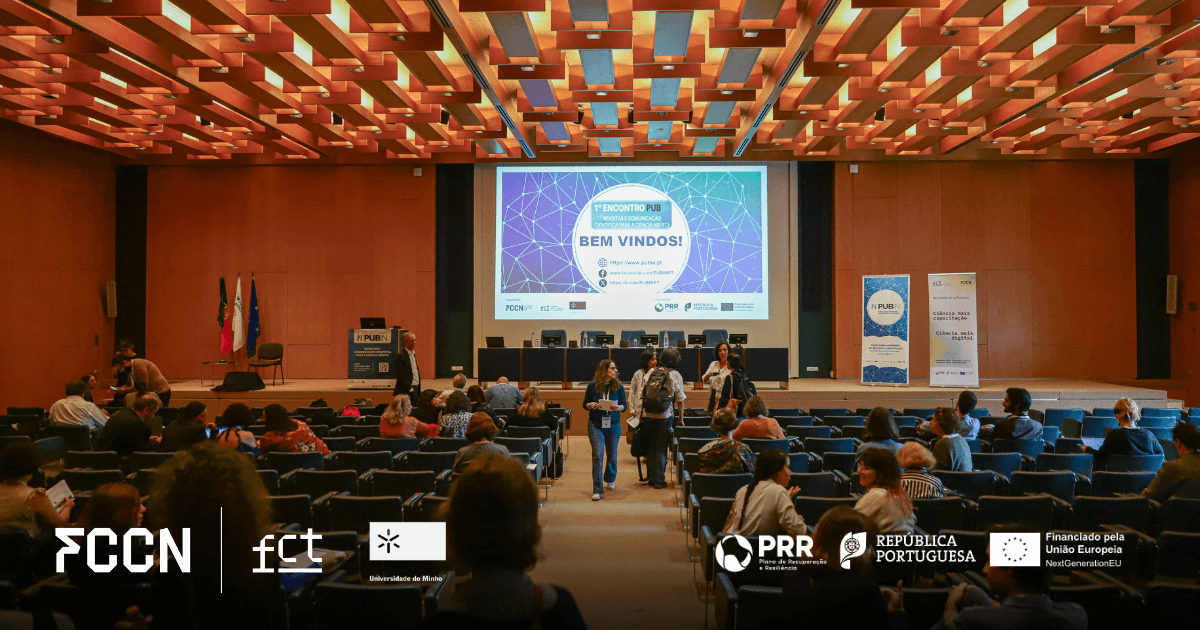For Susana Caetano, everyone has a role to play in making society aware that science is for everyone. In an interview, the Unit's science manager FCCN highlights some of the difficulties faced by women in the STEM field, focusing on possible solutions.
The FCCN Unit has joined GÉANT's "Women in STEM" campaign, which seeks to publicize the role of women in science and technology. How do you think the visibility of women's work in these areas has evolved over the last few years?
I think that in recent years, there is a greater awareness of gender disparities and inequities. As a girl, I had no idea what the situation was, for example. History teaches a lot and, in the case of STEM, we have had decades of male presence on committees, Nobel prizes, decision-making bodies, in all social classes and in various cultures. It will take more than a generation to achieve a better balance.
I believe that the FCCN Unit has played an exemplary role in supporting women in STEM fields. Nevertheless, this issue needs to be taken outside the workplace. Each and every one of us, fathers, mothers, uncles, aunts, must influence the little ones, in an intergenerational effort, helping to ensure that society welcomes science with open arms in its day-to-day life - over coffee, family dinners or drinks with friends (laughs). How many of us grew up with scientists around? Not many, have we? I fully believe that science is for everyone, from 0 to 120 years old.
#2 Are there difficulties faced by women working in these areas? And specifically in your area of expertise?
At the moment, we're in a transitional phase, where we've gone from zero to the presence of a few women among many men. Advanced computing, being very specific within STEM, is no exception. In the first call for projects we launched for the use of supercomputersfor example, there were only 15% female applicants.
The biggest difficulty may lie in the question "where to go to get more adult women interested in these areas?" To computer science courses? In other areas? In the younger generations? The answer seems to me to be "everywhere". For this, I think it is necessary to deconstruct stereotypes and prejudices, from an early age, showing mothers and grandmothers in science to our sons and daughters. And, of course, also showing grandfathers and fathers as kindergarten teachers, nurses or cleaning staff. Because both sides of the scales are important to achieve a balance of proportions.
The goal is for there to be more diversity and tolerance - in gender, ethnicity, and other areas - so that it is no longer "strange" to see a woman programming and a man raising young children. And so that an 18-year-old woman isn't afraid to leave her comfort zone and learn computer science or engineering.
#3 What steps do you think could be taken to lead to the elimination of these difficulties?
Educate the younger generation in language (spoken, heard, dressed or played), using more neutral language in adjectives and occupations, for example. On the other hand, I think children should grow up in a more inclusive and mixed environment, where adults set the example.
It also seems important to me to promote more play and neutral stories in preschool and primary education, taking scientists to schools, for example. And promote activities, clubs and associativism for young adolescents and adults that facilitate mixed coexistence, where responsibilities and leadership are shared.
Other steps that could be taken include strengthening the commitment to up/reskilling in other areas for STEM, as well as flexibility in the weekly working hours for fathers and mothers. All this, while promoting the presence of at least 30% women in meetings, senior management, laboratories, higher education, companies, public administration, etc.
#4 What contribution can days like the "International Day of Women and Girls in Science" make to solving these problems?
I think that days like this help us to become aware that science is for everyone. And that there have been and there are women scientists who are an inspiration and a beacon that illuminates us.

